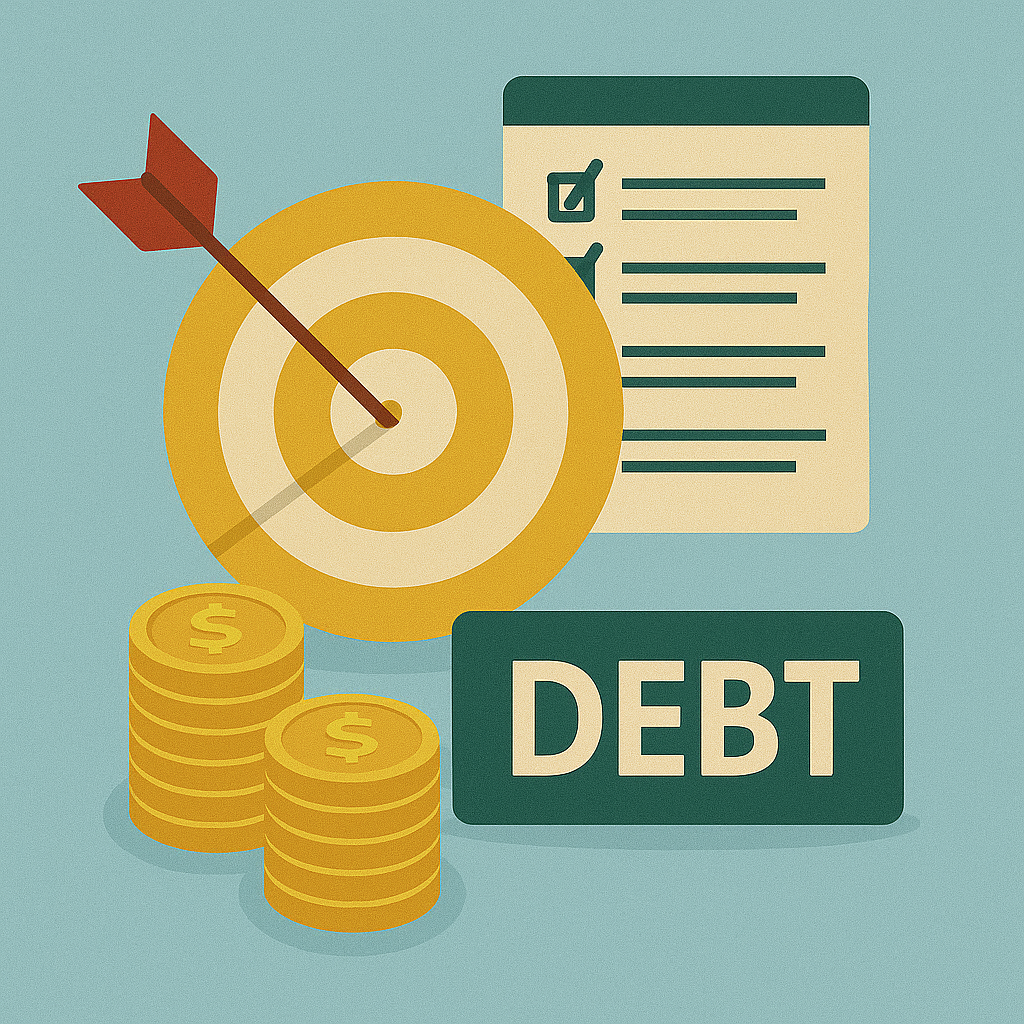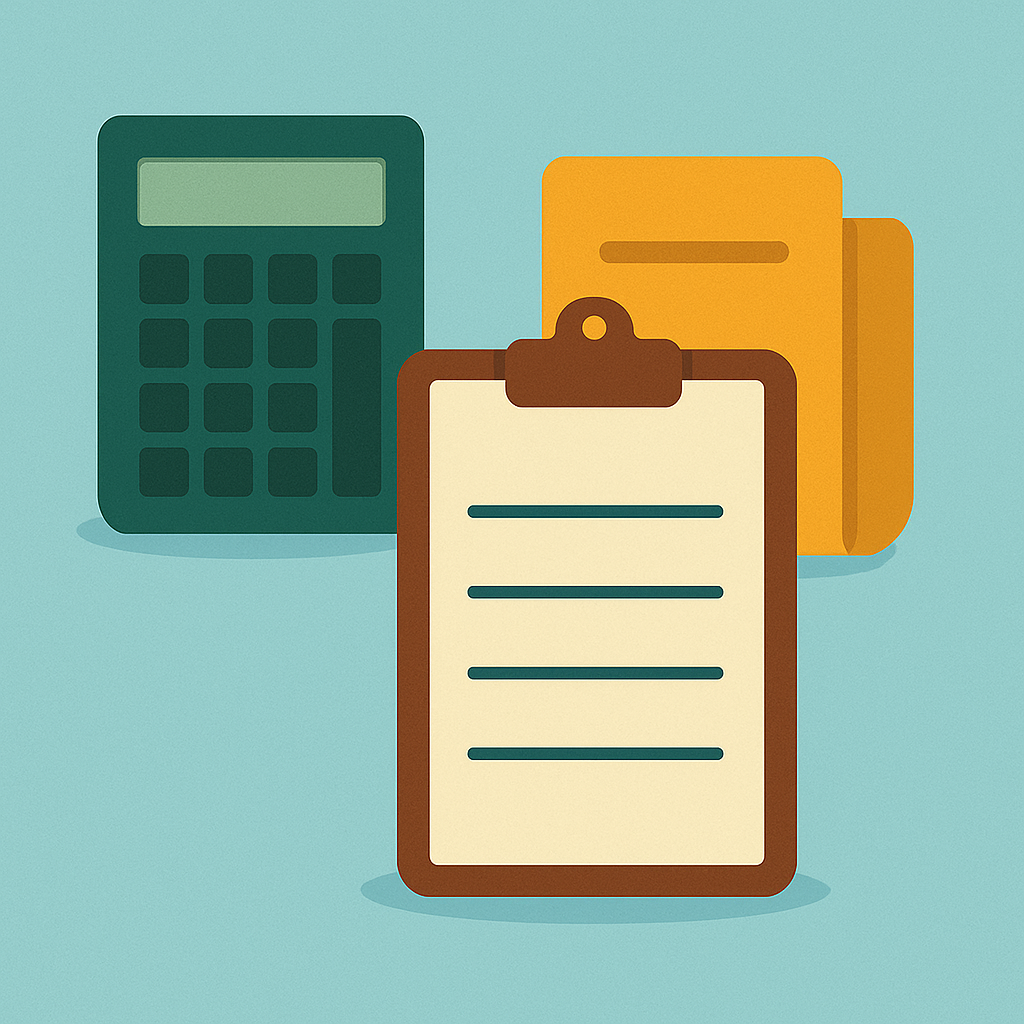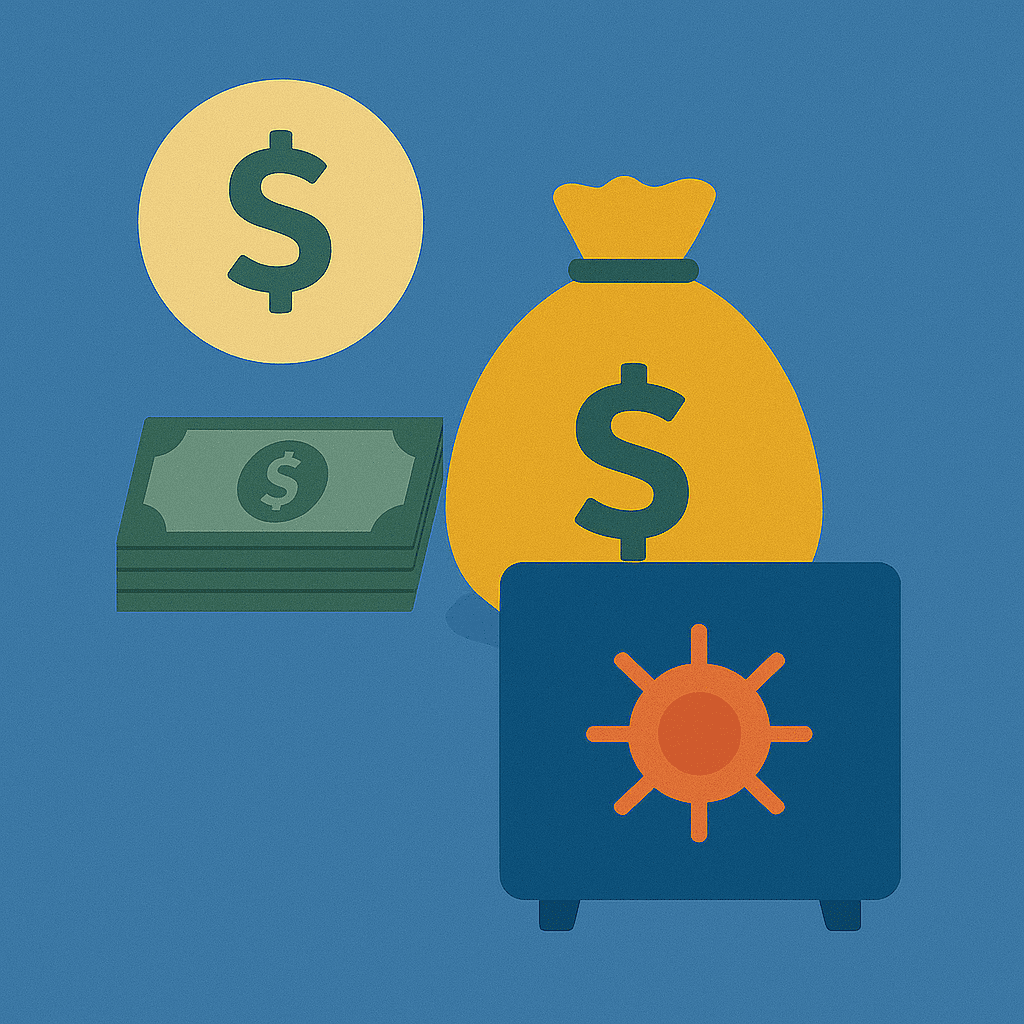- Home
- ›
- Budgeting
Budget Calculators & Financial Planning Guides
Free budget calculators and expert guides to create monthly budgets, track expenses, and master personal finance. Build your first budget or optimize your strategy.
Budget & Income Planning Calculators
Plan monthly budgets, track expenses, and optimize your financial health with our budgeting tools.
Budget Calculator
Create balanced monthly budgets by tracking income, expenses, and allocating funds to savings goals.
Emergency Fund Calculator
Calculate how much emergency savings you need and set monthly goals to build financial security.
Savings Calculator
Calculate compound interest and future value of your savings with monthly contributions and different growth rates.
Hourly to Salary Calculator
Convert between hourly wage and annual salary with adjustments for vacation days and holidays.
Quick Budget Breakdown
See how the 50/30/20 rule works with your income
How Our Budget Calculators Work
Enter Your Income
Input all sources of monthly income including salary, freelance, and other earnings.
List Your Expenses
Add fixed costs like rent and utilities, plus variable expenses like groceries and entertainment.
See Your Balance
View your surplus or deficit and see how expenses compare to recommended guidelines.
Optimize Your Plan
Use insights to adjust spending, increase savings, and reach your financial goals.
Smart Budgeting & Money Management Tips
Budget Basics
- Track your spending for a few weeks before creating a budget
- Start with essential needs: housing, food, utilities, transportation
- Build an emergency fund before tackling other financial goals
- Use the 50/30/20 rule as a starting framework
Staying on Track
- Automate savings and bill payments to reduce temptation
- Review and adjust your budget monthly based on actual spending
- Allow some flexibility for unexpected expenses and fun money
- Set specific, measurable financial goals to stay motivated
Money Management & Budgeting Guides
 Discover actionable financial goals and proven strategies to pay off debt faster. Learn debt snowball, avalanche methods, and build lasting financial habits.
Discover actionable financial goals and proven strategies to pay off debt faster. Learn debt snowball, avalanche methods, and build lasting financial habits. Learn how to build a budget that actually works. This guide explains budgeting methods, tips, and how to use a budget calculator to reach your financial goals.
Learn how to build a budget that actually works. This guide explains budgeting methods, tips, and how to use a budget calculator to reach your financial goals. Discover the right emergency fund size for your situation. Learn how to calculate, build, and maintain your emergency savings with expert strategies.
Discover the right emergency fund size for your situation. Learn how to calculate, build, and maintain your emergency savings with expert strategies.Frequently Asked Questions
How does a budget calculator work?
A budget calculator helps you track income and expenses, allocate funds to different categories, and identify areas for improvement. It subtracts your total expenses from income to show your available savings or deficit.
What's the 50/30/20 budget rule?
The 50/30/20 rule allocates 50% of after-tax income to needs, 30% to wants, and 20% to savings and debt repayment. It's a simple framework for balanced budgeting.
How much should I save each month?
Financial experts recommend saving at least 20% of your income, including 10-15% for retirement and 5-10% for emergencies and goals. Adjust based on your financial situation and priorities.
How can I stick to my budget?
Automate savings, track spending weekly, use realistic categories based on past expenses, and review your budget monthly. Start with small changes and build sustainable habits gradually.
What's the difference between needs and wants?
Needs are essential expenses for basic living like housing, food, utilities, and minimum debt payments. Wants are discretionary spending on entertainment, dining out, and lifestyle upgrades.
How often should I update my budget?
Review your budget monthly and update it whenever you have income changes, new expenses, or major life events. Regular monitoring helps you stay on track with financial goals.
Can budgeting help me get out of debt?
Yes, budgeting reveals exactly where your money goes and helps you find extra funds for debt payments. It's essential for debt payoff strategies like debt snowball or avalanche methods.
What if my expenses exceed my income?
If expenses exceed income, prioritize essential needs, look for ways to reduce costs, consider increasing income through side work, and avoid taking on new debt while addressing the deficit.
Related Financial Calculators
Complete your financial planning with these additional tools:
About Our Budget Tools & Guides
Our comprehensive collection of free budget calculators and money management guides empowers you to take control of your personal financial health through practical budgeting tools and expert financial advice. Whether you're creating your first monthly budget, managing household expenses, planning for debt payoff, or working toward emergency fund goals, we provide both the financial calculators and step-by-step educational resources you need to build lasting financial stability.
The monthly budget calculator works alongside our detailed budgeting guides to help you allocate monthly income across essential expenses, discretionary spending, and savings goals using proven frameworks like the 50/30/20 budgeting rule, zero-based budgeting, and envelope method. Our comprehensive budgeting tutorials explain not just how to use the financial planning tools, but why certain money management strategies work and how to adapt them to your unique financial circumstances.
Whether you're paying off credit card debt, saving for a house down payment, building a 6-month emergency fund, or planning for retirement contributions, effective budget planning combined with financial literacy education provides the foundation for all personal finance success. Our budgeting tools help you create realistic, sustainable monthly budgets while our money management guides teach you proven strategies like the debt snowball method, automatic savings plans, and expense reduction techniques.
All budget calculations follow established personal finance principles and budgeting best practices recommended by certified financial planners, while our guides are based on proven money management strategies used by financial experts and successful budgeters. Remember that the best household budget is one you can maintain consistently, so use our financial planning resources to find the budgeting approach that works best for your income level, family size, and financial goals.
2025 Budgeting & Money Management Trends
Smart Budgeting Practices
Successful budgeters in 2025 prioritize automation, emergency fund building, and flexible frameworks that adapt to changing income and expenses while maintaining focus on long-term financial goals.
- • Automate savings and essential bill payments first
- • Build 3-6 months emergency fund before investing
- • Use percentage-based budgets for income flexibility
Modern Money Management
Today's effective budgets balance traditional savings goals with inflation concerns, incorporate side income streams, and use technology to track spending in real-time for better financial awareness.
- • Track spending weekly with mobile apps
- • Adjust budgets monthly for lifestyle changes
- • Include inflation buffer in fixed expense planning
Ready to Take Control of Your Money?
Get started with our free budget calculator and create a plan that works for your lifestyle and goals.